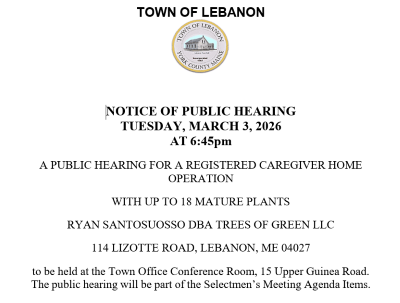CONCORD - New Hampshire's acting U.S. Attorney along with federal officials are urging citizens to drop a dime if they suspect Granite Staters fraudulently obtained CARES ACT funding during the COVID-19 pandemic.
The IRS on Monday marked the one-year anniversary of the Coronavirus Aid, Relief and Economic Security (CARES) Act by releasing that so far they have investigated more than 350 tax and money laundering cases nationwide totaling $440 million.
Most of the fraud investigations arose out of Economic Impact Payments, Payment Protection Program and Employee Retention Credit.
These investigations covered a broad range of criminal activity, including fraudulently obtained loans, credits and payments meant for American workers, families, and small businesses, a release sent on Monday stated.
"Since the passage of the CARES Act one year ago, IRS-CI has been committed to investigating allegations of COVID-19 fraud related schemes," said Acting Special Agent in Charge Ramsey E. Covington. "At a time when so many people were in desperate need of financial assistance, criminals were acting quickly to steal money from these programs. As we move forward IRS-CI will continue to work with our law enforcement partners to aggressively identify and investigate COVID-19 fraud related schemes and to ensure these criminals are brought to justice."
"The CARES Act has provided much-needed assistance to many Americans," echoed Acting U.S. Attorney John J. Farley. "Unfortunately, some greedy criminals have chosen to commit fraud by diverting this financial assistance away from deserving individuals. I encourage members of the public to report suspected CARES Act fraud. We will diligently investigate these allegations along with our law enforcement partners and will not hesitate to bring federal criminal charges against those who have broken the law."
To report a suspected crime, taxpayers may visit IRS.gov or by emailing the Boston Field Office at Bostonfieldoffice@ci.irs.gov.
The Coronavirus Aid, Relief, and Economic Security (CARES) Act was enacted on March 29, 2020, to provide emergency financial assistance to millions of Americans suffering the economic effects of the COVID-19 pandemic. One source of relief provided by the CARES Act was the authorization of up to $349 billion in forgivable loans to small businesses for job retention and certain other expenses, through the Paycheck Protection Program. In April 2020, Congress authorized over $300 billion in additional funding, and in December 2020, another $284 billion.
To learn more about COVID-19 scams and other financial schemes visit IRS.gov. Official IRS information about COVID-19 and Economic Impact Payments can be found on the Coronavirus Tax Relief page, which is updated frequently.














